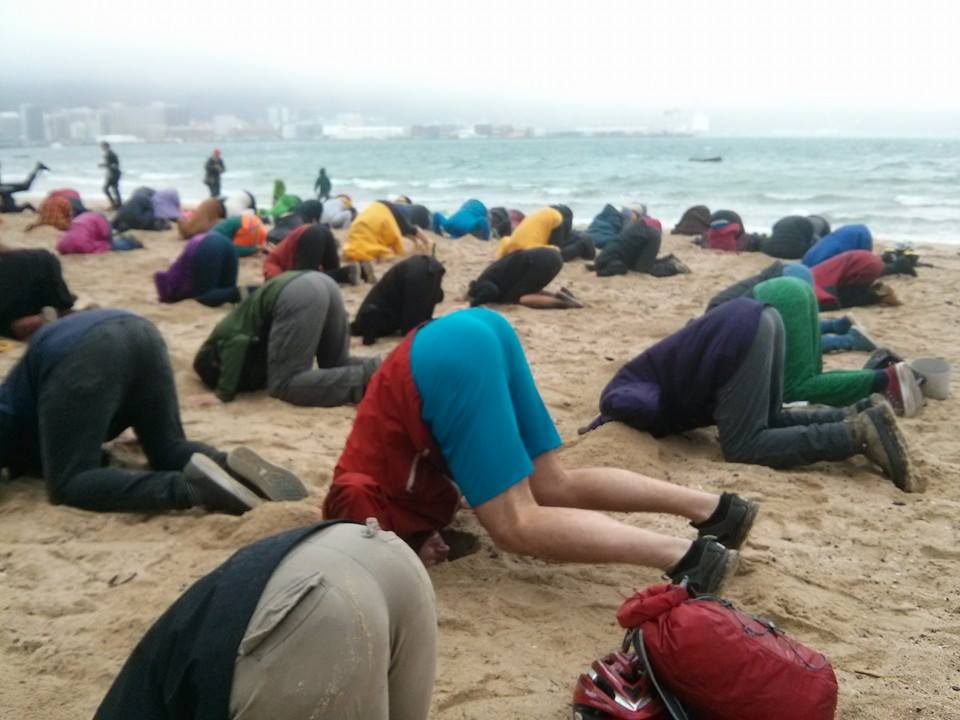Welcome back Jimmy Carter/Biden...
Back to the Seventies?
AMBRIDGE ? With the United States? disastrous exit from Afghanistan, the parallels between the 2020s and the 1970s just keep growing.
Has a sustained period of high inflation just become much more likely? Until recently, I would have said the odds were clearly against it. Now, I am not so sure, especially looking ahead a few years.
Many economists seem to view inflation as a purely technocratic problem, and most central bankers would like to believe that. In fact,
the roots of sustained inflation mainly stem from political economy problems, and here the long list of similarities between the 1970s and today is unsettling
The global economy suffered a massive supply shock in the 1970s, as Middle East countries massively hiked the price of oil they charged the rest of the world. Today, protectionism and a retreat from global supply chains constitutes an equally consequential negative supply shock.
Finally,
in the late 1960s and 1970s, huge increases in government spending were not matched by higher taxes on the wealthy. The spending increases stemmed in part from US President Lyndon B. Johnson?s ?Great Society? programs in the 1960s, later amplified by the soaring cost of the Vietnam War. First Johnson and then Nixon were reluctant to raise taxes to pay for these costs, fearing a loss of political support. In recent years, first the Trump tax cuts, then pandemic-related catastrophe relief, and now progressive plans to expand the social safety net have hit the federal budget hard. Plans to fund these costs by raising taxes only on the rich will likely fall far short.
https://www.project-syndicate.org/commentary/america-facing-1970s-style-stagflation-threat-by-kenneth-rogoff-2021-08

